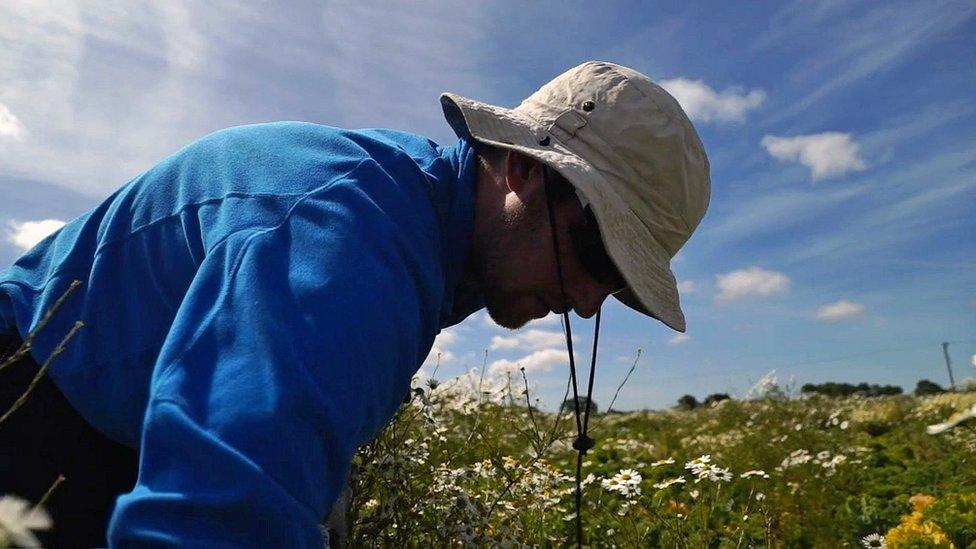Bury St Edmunds food charity gleaning leftover apples from fields
- Published
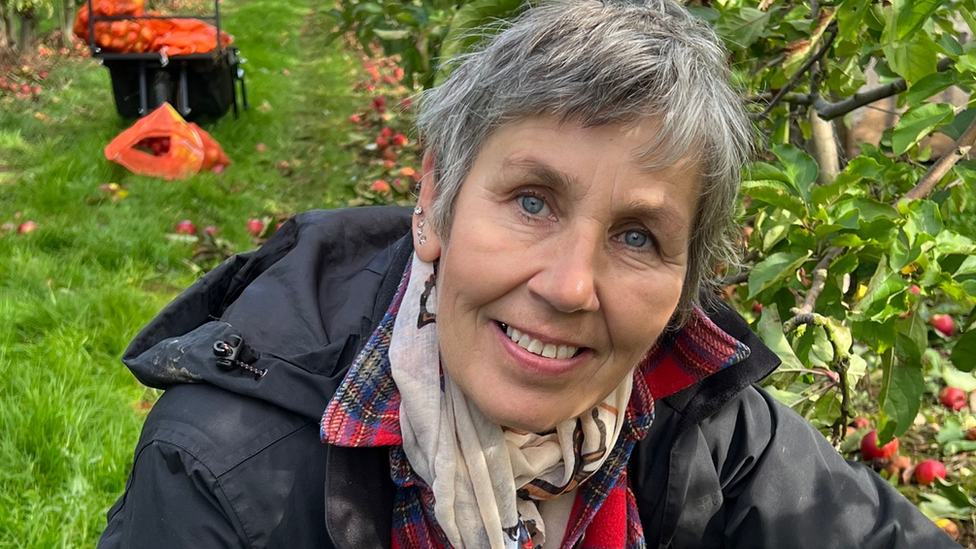
Roz Scott said her environmental charity had become a "lifeline" to people struggling to put food on their tables
A charity originally set up to cut food waste has been salvaging fruit from fields to help people who rely on it as a "lifeline".
Still Good Food, in Bury St Edmunds, Suffolk, has taken up the biblical practice of gleaning and collects surplus produce during farm harvests.
Roz Scott, from the charity, led volunteers around an orchard for the first time to collect tonnes of apples.
Farmer Clive Williamson said it was "absolutely fantastic".
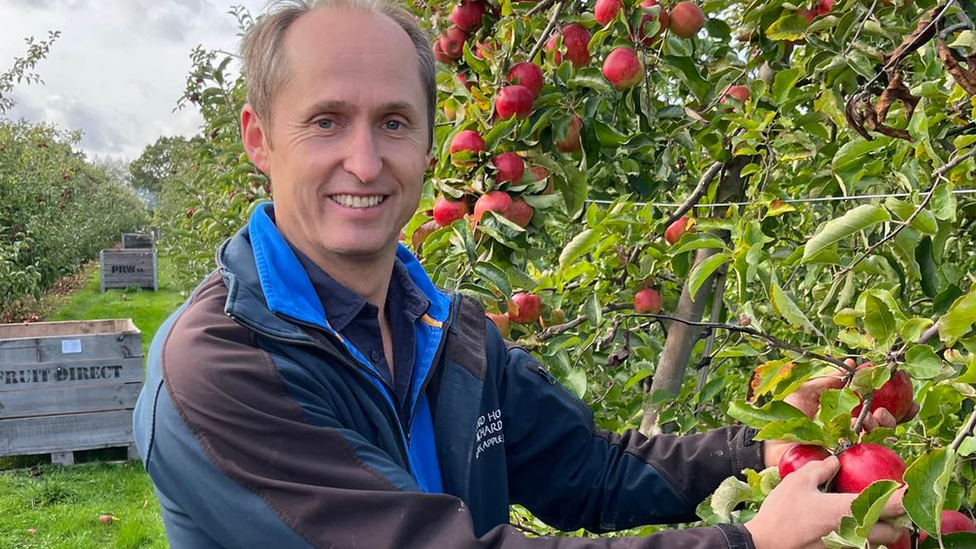
Clive Williamson said he hoped the gleaners would continue to visit his orchard in future years to stop good apples going to waste
Mr Williamson owns Maynard House Farm, near Bury St Edmunds, and said about 1% of the apples he grew would end up rotting on the ground due to imperfections, despite being edible.
He estimated about two to three tonnes of produce, that would otherwise go to waste, had been salvaged from his orchard this year after the group contacted him.
The apples will be given in exchange for donations at Still Good Food's two community shops or taken to local food banks, churches, projects and hostels.
Mr Williamson said: "The idea is to grow as many first-class apples as possible, therefore it's not commercially viable to send the ones that are waste to a grader - it's better to drop them on the ground here.
"The birds and rodents would come round and enjoy the apples... [but] we've got a team of gleaners... going round after we've picked and picking up all the fruit that is still fit to eat.
"It's an absolutely fantastic service to provide for local people."
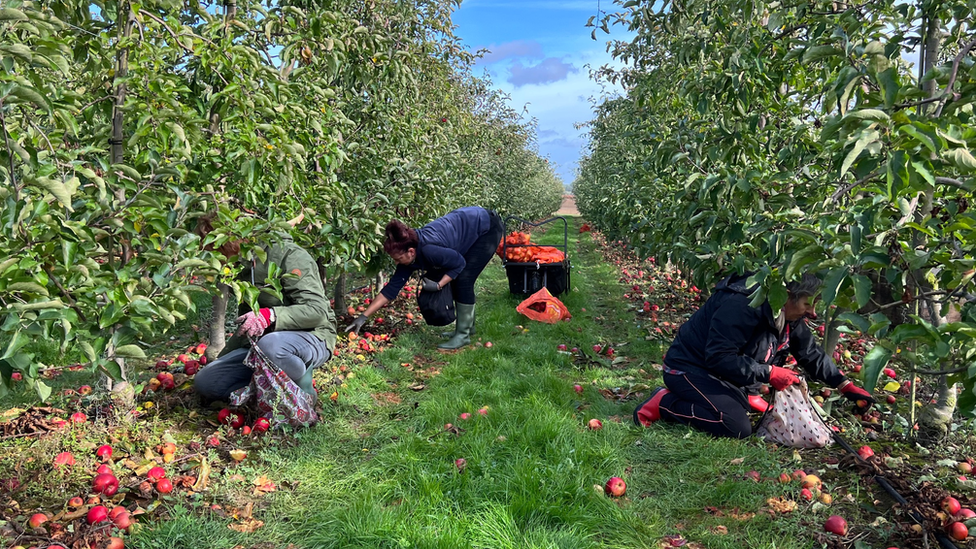
Gleaners collect leftover apples from the ground following the harvest which will be distributed to charities and local projects
Ms Scott said the project had been gleaning other produce such as potatoes, leeks and onions for three years, but it felt the need to find more surplus produce due to the increase in visitors to its shops since Covid.
"We've become a real lifeline for many people - very seriously," she said.
"People who were using us maybe for environmental purposes have maybe backed off a little now and are letting people who really do need it [shop], of which there are many."
The charity started off collecting supermarket food that was approaching or past its best before date, but Ms Scott said she then began to think more about the project's geographical location and a simpler premise.
"I thought, 'What about all the land that surrounds Bury St Edmunds?' - we're a deeply agricultural country and county," she said.
"There is a wealth of produce around Bury St Edmunds, so I want to get some of that.
"That's how I got involved with it - just by looking around me and thinking, 'There has got to be some way of getting some of this into Bury St Edmunds and helping people'."

Find BBC News: East of England on Facebook, external, Instagram, external and Twitter, external. If you have a story suggestion email eastofenglandnews@bbc.co.uk, external
Related topics
- Published6 October 2022
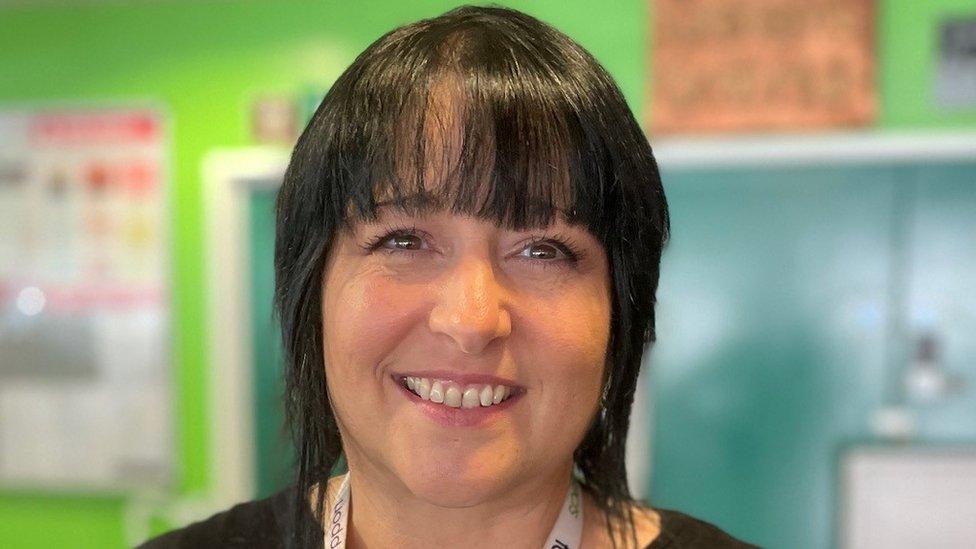
- Published4 October 2022
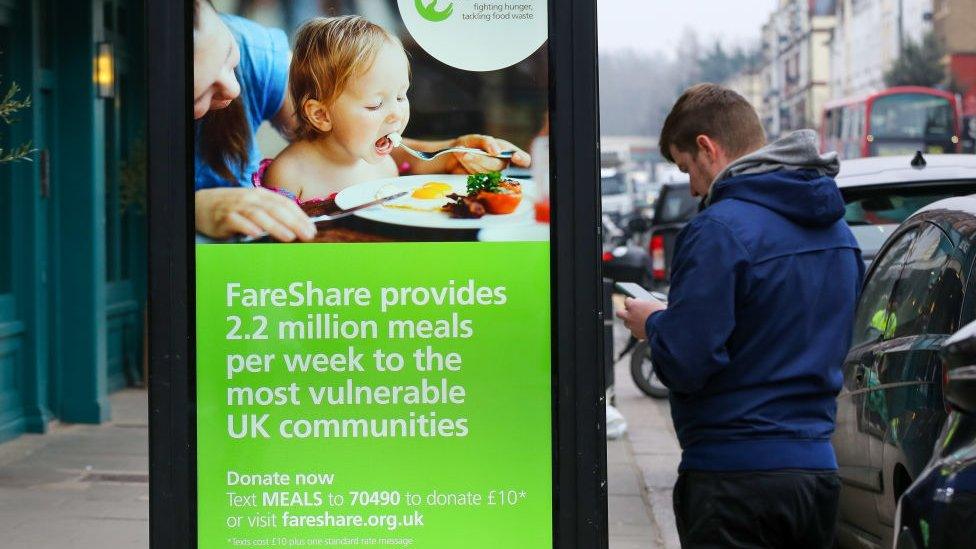
- Published25 August 2021
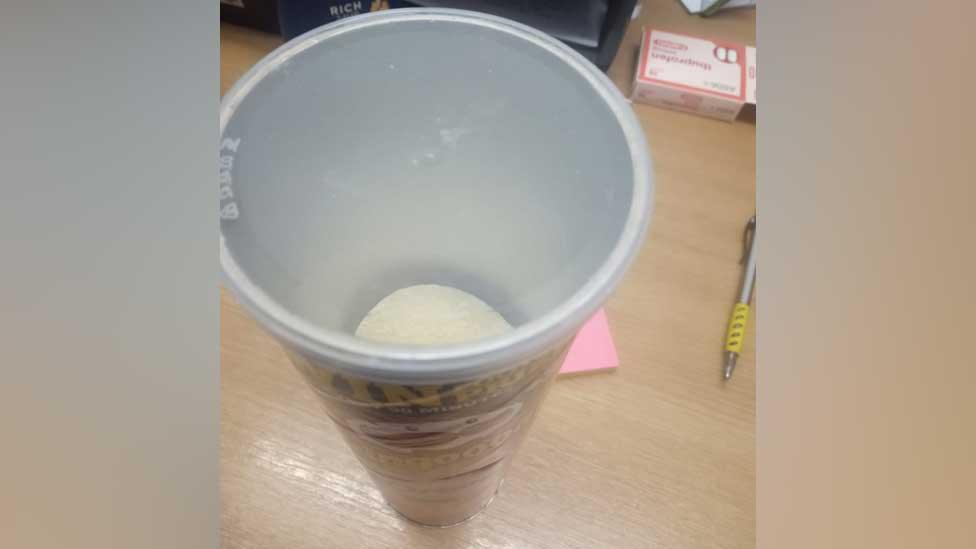
- Published25 July 2019
